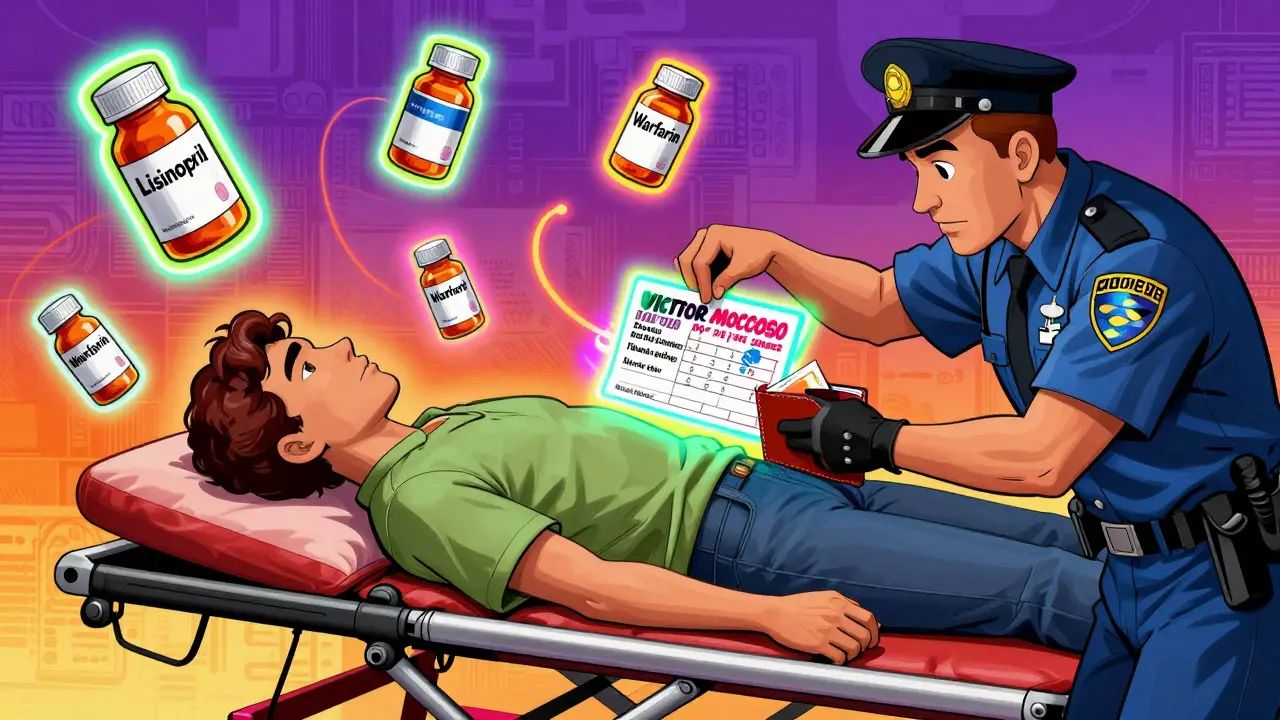Health Resources: Reliable Info on Meds, Conditions, and Supplements
Want trustworthy health info without the buzzwords? This page collects practical resources you can use right now: medication guides, condition overviews, supplement facts, and vetted websites. Use these resources to understand treatments, spot red flags, and prepare better questions for your clinician.
Start with clear medication basics. For each drug, look for purpose, common dosages, main side effects, major interactions, and what to do if you miss a dose. We highlight pages that present that info in plain language and include references to official sources like FDA labels or peer-reviewed summaries. If a site lists dosages without linking sources, treat that detail as provisional and double-check with a pharmacy or your doctor.
Where to look and how to read
Not all health sites are equal. Prioritize pages that cite clinical studies, list authors with medical credentials, or link to official guidelines. Watch out for sites pushing specific products or quick fixes. If a page sells supplements or promotes a brand on the same page as the "analysis," separate the sales pitch from the factual claims and seek third-party reviews.
Read with a checklist: who wrote this, when was it updated, are references provided, and does the content match recommendations from major medical organizations? If you find conflicting advice, compare dates and sources rather than trusting the loudest claim.
Practical examples and quick tips
When researching a medication, check interactions using two sources before changing anything. For supplements, look for clinical trial data or reputable meta-analyses rather than anecdotal testimonials. If symptoms are sudden, severe, or worsening, use online resources only to triage; get immediate medical attention when needed.
We also curate useful alternatives to big health sites. For example, our linked article "Top WebMD Alternatives for Reliable Health Information in 2024" points to options that focus on evidence, clearer writing, or specialty care. That post explains strengths and limits for each alternative so you can pick one that fits your needs.
This category is updated with new guides and reviews regularly. Expect content that helps you make smarter health decisions: how to read a drug label, what lab results mean, how to evaluate supplement claims, and how to navigate telemedicine visits. Bookmark pages that you find helpful and share them with friends who ask good questions.
Need fast answers? Use symptom checkers only for triage, cross-check drug info with a pharmacy app and an official label, and keep a list of current medicines and allergies on your phone. When reading studies, check sample size and trial length - small or short trials may not reflect long-term effects. For supplements, prefer third-party testing seals like USP or NSF and ask your pharmacist if a product interacts with your prescriptions.
Finally, remember online resources are tools, not prescriptions. Use them to inform conversations with your clinician, not to replace professional judgment. If you're unsure, bring printed notes or screenshots to your next appointment so you and your provider can decide the best next steps together.

Emergency Information Card: How to Create a Reliable Medication List for Emergencies

Language Barriers and Medication Safety: How to Get Help

International Drug Safety Monitoring Systems Explained
